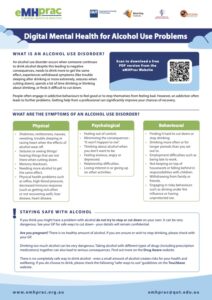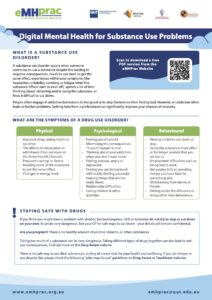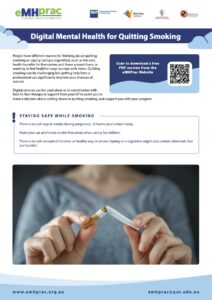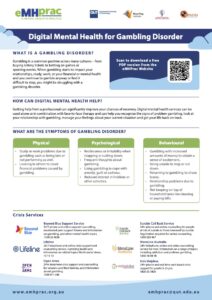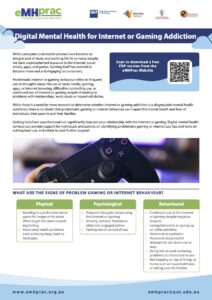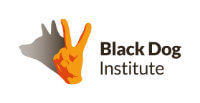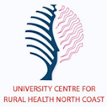
Addiction in Australia is a significant public health issue that affects individuals, families, and communities across the nation. The country faces challenges with various forms of addiction, including alcohol, illicit drugs, prescription medication, and increasingly, internet and gambling addiction. However, the stigma associated with addiction and the geographic disparity in accessing health services pose ongoing challenges for effectively addressing the addiction issues.
Mental health also plays a complex part as dual diagnosis often occurs with addiction. Individuals struggling with addiction are at a higher risk of developing mental health disorders, such as depression, anxiety, and post-traumatic stress disorder, and vice versa. The interplay between addiction and mental health underscores the need for integrated treatment approaches that address both issues concurrently, recognizing that they are often part of a complex, interconnected web that impacts overall health and well-being.
Benefits of digital mental health
Digital mental health is no longer ‘nice to have’ but becoming a critical part of the mental health care landscape. There are many benefits to using digital mental health in treatment for addiction and substance use issues, for both you and your client.
Online programs and tools can help you meet the overwhelming demand and overcome the shortage of trained clinicians to provide support. In addition to easing workloads, they can also provide an easy first step into psychological intervention, helping to overcome stigma, normalise symptoms and prepare people for treatment.
Digital mental health resources can also enhance your clinical care and improve outcomes. They can provide more information than time-limited face to face sessions, allowing more time in sessions for richer discussions. Digital tools can help monitor symptom changes, and support clients between sessions.
For clients, digital mental health services offer greater accessibility, available at any time or place for in the moment support. They also provide an affordable option with many being free to access.
Common practitioner concerns
There is considerable evidence suggesting that digital mental health services can enhance and bolster mental wellbeing, particularly when integrated with in-person therapy. Despite this, the adoption of these services by healthcare professionals has been slow.
Many clinicians have concerns regarding the safety and appropriateness of digital mental health, with privacy issues top of mind. It is certainly true that some digital services were developed without proper consideration of user’s privacy, however there are many secure, trustworthy services available. There are a range of services available that have been developed with strong privacy and protection for users data, prioritising safe, confidential support.
Before using or recommending a service it is important to evaluate whether is it safe to use and the evidence-base behind it, but this can be a time-consuming and challenging task. The Australian Commission for Safety and Quality in Healthcare developed the National Safety and Quality Digital Mental Health (NSQDMH) Standards to help. All services accredited with the standards have been developed with suitable safety and quality considerations. View the full list of accredited services and learn more about the standards here. However, accreditation to the standards is not obligatory and there are many services available who may choose not to apply for accreditation but are still perfectly safe and suitable to be used.
Another common concern we hear is that health professionals are overwhelmed by the range of services available. The digital mental health landscape is constantly evolving, and it can be a daunting task to even figure out where to start. From websites, online programs, phone lines, apps and more, there is wide range of services to choose from. Fortunately, there are a few resources out there to help narrow the scope.
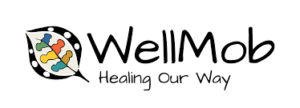
WellMob provides an online library of social, emotional and cultural wellbeing resources for Aboriginal and Torres Strait Islander Peoples. Services are organised under a range of topic, including grog, drugs, smoking and more.
Head to Health is the national mental health website, designed to help all Australians access the right mental health and wellbeing services. Users can work through an online quiz for personalised recommendation and referrals, or search using keywords.
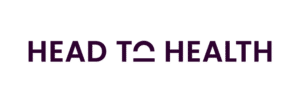
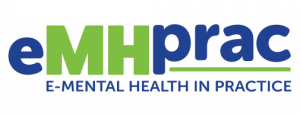
The eMHPrac dMH Directory lists free, evidence-based Australian digital mental health services that have been developed by credible sources. Services are organised by type of service, topic, and audience to help health professionals find the right service for their client.
How to start building your digital mental health toolkit
So, how do you start putting together a digital mental toolkit for working with substance use and addiction?
There are a range of resource available to help with alcohol use problems, drug use, gambling, smoking and other addictions. These services can help provide information, screening to identify a problem, in the moment support and treatment.
The best place to start is choosing one or two services to familiarise yourself with. You could begin by exploring the resources above to find the right service, or take a look at one of the services below.
Some resources to get started

Counselling Online
https://www.counsellingonline.org.au/
Telephone and online counselling for alcohol and other drug users and their support people. Self-help modules are also available.

Daybreak
https://hellosundaymorning.org/daybreak/
An app from Hello Sunday Morning to help individuals change their relationship with alcohol, with professional and community support.

Alcohol and Drug Foundation
1300 85 85 84
Information, tools and ideas to reduce the harm of alcohol and other drugs. Includes the Path2Help tool, an online screening tool providing tailored support and recommendations.

iCanQuit
13 78 48
An online resource and helpline for smoker and ex-smokers, containing information, tips and tools, and an online community.
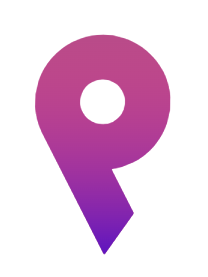
Pivot Point
An online tool linking members of the LGBTIQ+ community to information and support relating to alcohol and other drug use.

Turning Point
https://www.turningpoint.org.au/
Addiction research and education centre providing education, self-assessments and treatment information for people adversely affected by alcohol, drugs and gambling.
Learn more about digital mental health for addictions
eMHPrac Factsheets
Visit our resource library to download factsheets on digital mental health for:
Digital Mental Health Musings
Listen to the Digital Mental Health Musings podcast to learn more about the latest developments in digital mental health, and practical tips to use digital mental health in your practice.
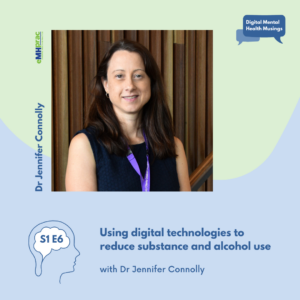
Using digital technology to reduce substance abuse
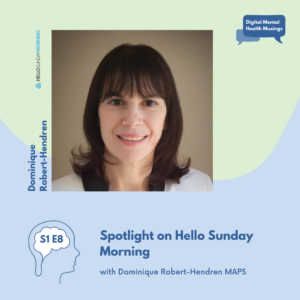
Spotlight on Hello Sunday Morning
Catch our presentation at the AddictionZ conference on May 1st by Carol Purtell on ‘Building a Digital Mental Health Toolkit for Practitioners Working with Substance Use and Addiction’ to hear more.

